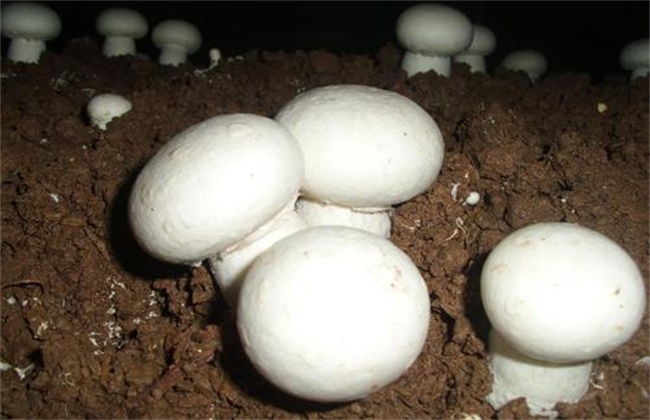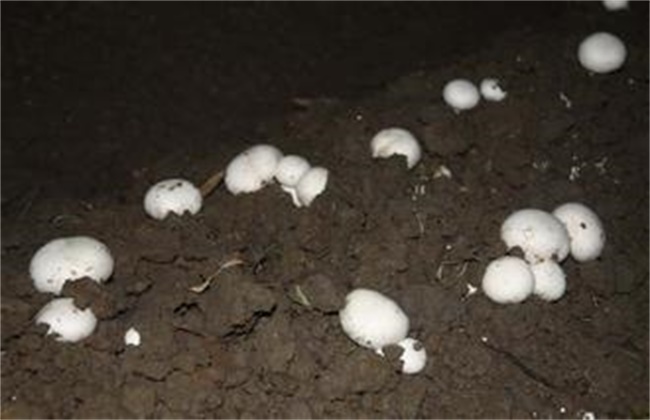Causes and Control methods of abnormal deciduous leaves of Pepper
In the process of pepper planting, the phenomenon of falling leaves often occurs in the later stage of growth, which is relatively normal, but if there is a phenomenon of falling leaves in the early and middle stages of growth, and a large number of fallen leaves, then you need to be careful. So what is the reason for abnormal leaf loss in the early and middle stages of pepper? Let's get to know it with the editor.

First, the cause of abnormal leaf fall
1. Drought stagnant water
In the process of planting, water has a great influence on pepper. If the field is dry for a long time and not irrigated in time, the leaves will wither and wither in the case of serious water shortage, and when it is serious, a large number of leaves will fall. In addition, if it rains for a long time and does not take good drainage measures, stagnant water will be formed in the field, which will also cause the occurrence of fallen leaves.
2. Lack of nutrients
In the pepper production process, nutrients are extremely important, fertilizer application is insufficient, nutrients can not keep up with, leaves due to lack of nutrients, there will be defoliation phenomenon.
3. Temperature
Pepper is sensitive to temperature, the temperature is too high or too low, it is not suitable for the growth of pepper, generally between 15-35, pepper can grow normally, but if the temperature is lower than 15 degrees or higher than 35 degrees for a long time, there will be a large number of fallen leaves.
4. Density
In the process of pepper planting, the planting is too dense, in the middle and later stage, the permeability of the conditions is poor, which will seriously affect the photosynthesis and respiration of pepper, resulting in a large number of fallen leaves.
5. Disease
Disease is the main cause of pepper defoliation, such as virus disease, anthracnose, gray spot, if the disease is not controlled in time, then it will not only cause defoliation, but also affect the yield.
II. Prevention and control measures
1. Select disease-resistant varieties
There are a variety of pepper varieties, so when buying seeds, we should choose varieties that are suitable for local planting with strong disease resistance, and we also need to soak seeds before sowing.
2. Reasonable close planting
When planting, the cultivation measures of deep ditch and high border can be adopted, which can not only ensure the permeability of the conditions, but also prevent waterlogging very well.
3. Crop rotation and crop change
If the occurrence of defoliation is more serious, you can rotate with non-Solanaceae crops, preferably with an interval of 2-3 years. At the same time, remember to clean up the sick and disabled parts after the pepper is harvested.
4. Fertilizer and water management
Fertilizer management should pay attention to the use of base fertilizer and topdressing, it is better to apply organic fertilizer before sowing, not only nitrogen, phosphorus and potassium fertilizer, but also foliar spraying of medium and trace elements. It is necessary to irrigate and water in time during drought, and in case of continuous overcast and rainy days, it is necessary to drain and dehumidify in time.
5. Disease control
The principle of prevention and control of the disease should be adopted. when symptoms appear in the field, the drugs should be administered in time, and the agents that can be used are chlorothalonil, thiophanate methyl, etc., and then select the appropriate agents according to the disease, according to the control situation, the interval is 7-10 days. Can be sprayed many times.
The above is the introduction of the causes and control methods of abnormal leaf loss of hot pepper. I hope it can help you. If you want to know more about it, please follow us.
Related
- Where is it suitable to grow horseradish in China? it is expected to see the middle altitude horseradish in Alishan.
- How to prevent tomato virus disease reasonably? (Control methods included)
- Many people like to plant towel gourd on the balcony. What are the main points of this method and management?
- What crops can chili peppers be mixed with?
- Fertilization techniques and matters needing attention in Tomato
- What are the grafting techniques for peach seedlings in spring?
- Harm and control methods of root swelling disease of Chinese cabbage
- What are the pests of sweet potatoes? How to prevent and cure it?
- Symptoms, causes and Control methods of navel Rot in Tomato
- The cause of "Cucumber rotten bibcock" in Farmers' planting Cucumber and its Control Plan



